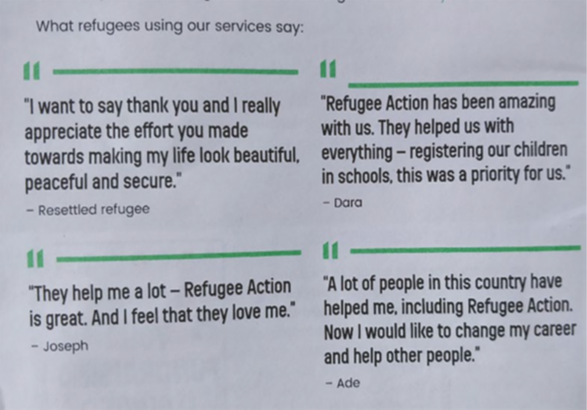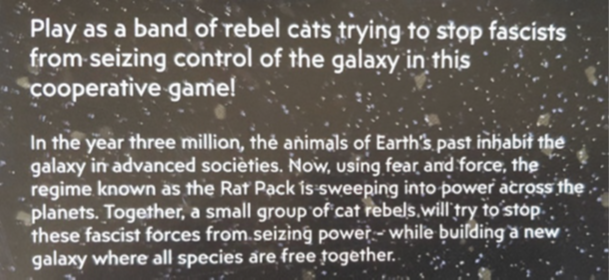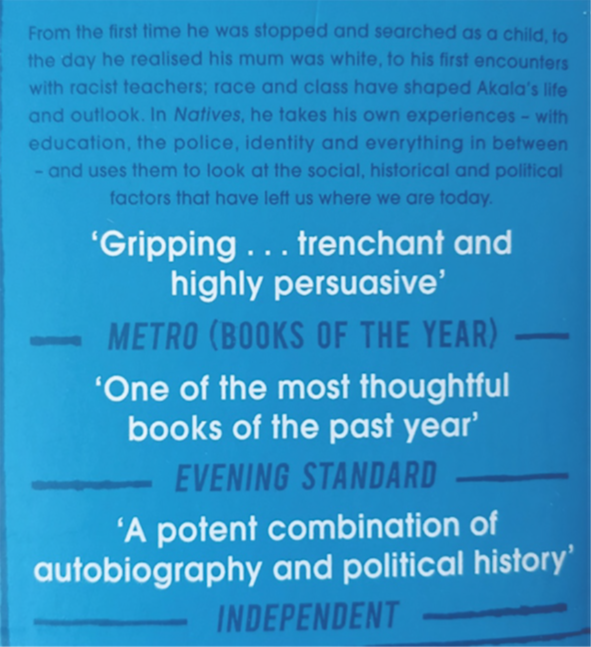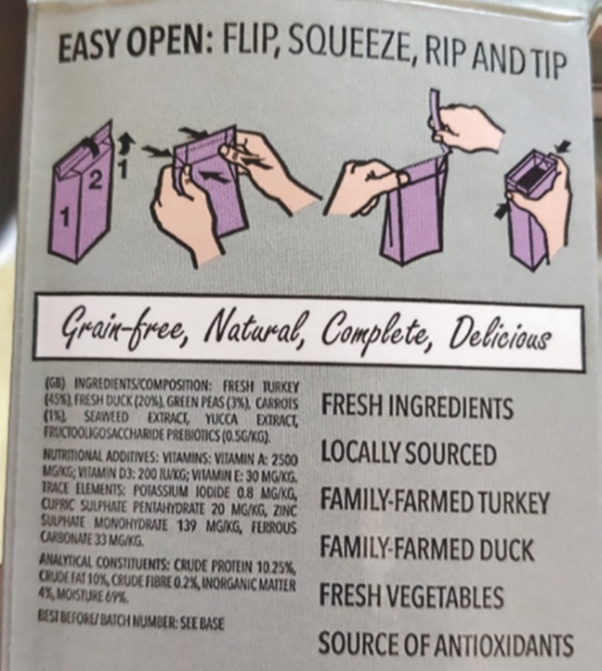English Language Preparation
Welcome to the English Department.
While there is a significant jump from GCSE to A Level, in completing the enclosed activities, you will work towards narrowing the gap in preparation for your A Level studies from September.
There is one compulsory activity and then you should choose a minimum of two others to complete before you join us in September. These activities will be looked at by your teachers and will form the basis of the first few lessons of your A Level course.
We hope you find them interesting!
The aim of these tasks is to introduce you to the topics and texts you will study during the course. The course itself consists of an exploration of a range of non-fiction texts with use of analytical methods from linguistic disciplines. You will also have the opportunity for creative writing as part of the course, when completing your NEA (coursework) unit. Your studies in Year 12 will focus on exploring textual variations and representations, and children's language development.
Across the A-level course, you will be assessed in three components:
Paper 1- 40% of A Level. There are two sections to this paper.
Section A requires you to analyse and compare texts of a similar theme or content by exploring the representations within the texts.
Section B focuses on the topic of Children's Language Development. In the exam you will be required to write a discursive essay on children’s language development, with a choice of two questions choosing between spoken, written or multimodal language.
Paper 2 – 40% of A Level. There are two sections to this paper.
Section A, called Diversity and Change requires you to complete one question from a choice of two: an evaluative essay on Language Diversity, or an evaluative essay on Language Change.
Section B involves Language Discourses where you have two texts about a topic linked to the study of Diversity and Change. And you complete a question requiring analysis of how the texts use language to present ideas, attitudes and opinions and then have a directed writing task linked to the same topic and the ideas in the texts.
NEA (coursework component)- 20% of A-level. Students produce: a language investigation (2,000 words excluding data) and a piece of original writing and commentary (1,500 words total).
We look forward to seeing you in September.
Compulsory Preparation Task
One of the things you will quickly notice about the study of language at A Level is that you will analyse all sorts of language. This activity gives you a taste of that and asks you to think a bit more about the language around you all the time.
You will find eight ‘texts’ attached. These might not be the kind of texts you’ve analysed before, but they are all worth analysing because they have been created to communicate in some way.
• Have a quick look at each text and think about the following:
o What they are about
o What they might mean – the ideas, messages, opinions, personalities being expressed
o How they use different methods of communication: design, colour, vocabulary choices, structure, style, interaction.
• Choose three texts and use the questions below to make notes about how they compare in their uses of language.
• Once you’ve done this, think about gathering your own set of texts from the world around you. Like these texts here, your texts could be written, spoken, online, serious, silly, informative, clever and/or important. Try to find at least five interesting texts and use the same questions to help you think about them.
Questions to ask about your choice of texts:
• What is the language in each text designed to achieve? Do you notice any differences between the three you have chosen?
• How have visual elements been used in the texts? Any differences?
• If any of the three were originally spoken, do you notice anything distinctive about them?
• How easy or difficult is it to analyse some of these texts? Does it feel like you can analyse them in the same way as a piece of literature, for example?
While analysing these types of text might be a new experience for you, the ways in which you explore and analyse them will build on things you’ve done before. Some of that will take you back to the work you might have done with grammar (verbs, nouns and phrases, for example) and some will build on the work you’ve just been doing for GCSE.
The texts are:
A) A DJ presenting a trailer for a radio show
B) Part of a recipe for a meal
C) A section of a leaflet from Refugee Action
D) A description of the boardgame, Space Cats Fight Fascism (TESA Collective games) on the back of the box.
E) The blurb from the back of a book (Akala’s Natives, published by Two Roads).
F) A dog food carton
G) Part of a radio commentary on a football match.
|
A
|
On tonight’s show, we’ve got Fontaines DC live in the studio, old session tracks from The Chameleons, Ruthless Rap Assassins and Half Lazy plus all the usual mixture of weird, wonderful and just a bit wonky music from all around the world. Join me after nine tonight for the last of this week’s Evening Shows.
|
|
|
|
||
|
B |

|
|
|
|
||
|
C |
|
|
|
|
||
|
D |
|
|
|
|
||
|
E |
|
|
|
|
||
|
G |
|
|
|
|
||
|
F |
And it’s controlled beautifully by Jack Harrison who beats his man and whips a ball across the face of goal. It’s an inviting ball aaaaand it’s Ben White who gets on the end of it to put it past the keeper’s outstretched hand. First goal of the season for the central defender and what a great team goal that was.
|
|
Voluntary Preparation Task
-
Please watch the following YouTube videos and make notes on the basics of language analysis.
(Highly recommended viewing either now or during the course)
A video talking through language levels used when analysing non-fiction texts:
A video explaining the different language levels used in discourse analysis:
-
Playing with a text
Take a short extract from a novel you know well (for example, A Christmas Carol, Jekyll and Hyde) and experiment turning it into a piece of drama or write the events form another characters point of view.
Write a short piece explaining what changes you had to make, and is anything lost in transformation? Is anything gained?
-
Do We Need New Words?
The English language is always generating new words. New words can be created out of nothing (neologisms) or be formed by using other words – or parts of words – together in new combinations (what are called compounds and blends). Sometimes initials of words in a phrase might be used (acronyms and initialisms) and you might also see parts of words being added to the front or end of another word to give it a new form (prefixes and suffixes).
• Look at the list of some of the new words that have appeared (or suddenly become much more popular) in English over the last few years.
• Have you heard of these words before? Have you used any of them? Tick the relevant columns for each word.
• Choose two words from the list that you think are an important addition to the language. Try to come up with a sentence or two explaining why they are so important.
• Then choose two words from the list that you think are pointless and insignificant. What’s the problem with these words and why do you think they shouldn’t be included? Again, write a sentence or two explaining your thinking.
• Are there any other new words – or new meanings for older words – that you have heard about? Perhaps you could make a note of new and interesting uses of words over the next few months.
|
Recent New Words |
Definition |
Have heard/seen this word being used |
Have used this word myself |
|
Floss |
A dance in which people twist their hips in one direction while swinging their arms in the opposite direction with the fists closed. Popularised by the game Fortnite. |
|
|
|
VAR |
Video Assistant Referee. A system used in football to assist refereeing decisions. |
|
|
|
Gaslight |
To manipulate or trick someone by pretending that they cannot trust what they see or hear until they doubt their own sanity. |
|
|
|
Twerking |
A way of dancing that involves bending forward and shaking or thrusting your buttocks in a rhythmic motion. |
|
|
|
Dadbod |
A term used to describe the typically flabby and unsculpted male physique that most dads have. |
|
|
|
Cancel culture |
A way of describing the movement to ‘cancel’ - to publicly disapprove of and then attempt to ignore - celebrities or organisations because of their perceived immoral or unpopular actions. |
|
|
|
Climate strike |
A protest in which people leave work, school or college when they should be attending to take part in a protest about climate change. |
|
|
|
Influencer |
A person who uses social media to promote a particular way of life or commercial products to their online followers. |
|
|
|
Nonbinary |
A word describing a sexual identity that does not conform to binary categories of male and female. |
|
|
|
Hamsterkaufing |
Stockpiling food like a hamster storing food in its cheeks (from German) |
|
|
|
WFH |
Working From Home |
|
|
|
Mansplaining |
A patronising way of explaining something (by a man to a woman). |
|
|
-
Read an article on the influence of technology on Language by The Guardian, via the following link: https://www.theguardian.com/technology/booksblog/2017/dec/07/internet-online-news-social-media-changes-language
-
Make some notes about the article and then consider your own language use when using technology. Do you abbreviate? Why? Is there an accepted version of language that people on the platform use and can be understood? What are the benefits of technology on Language and what are the negatives?






